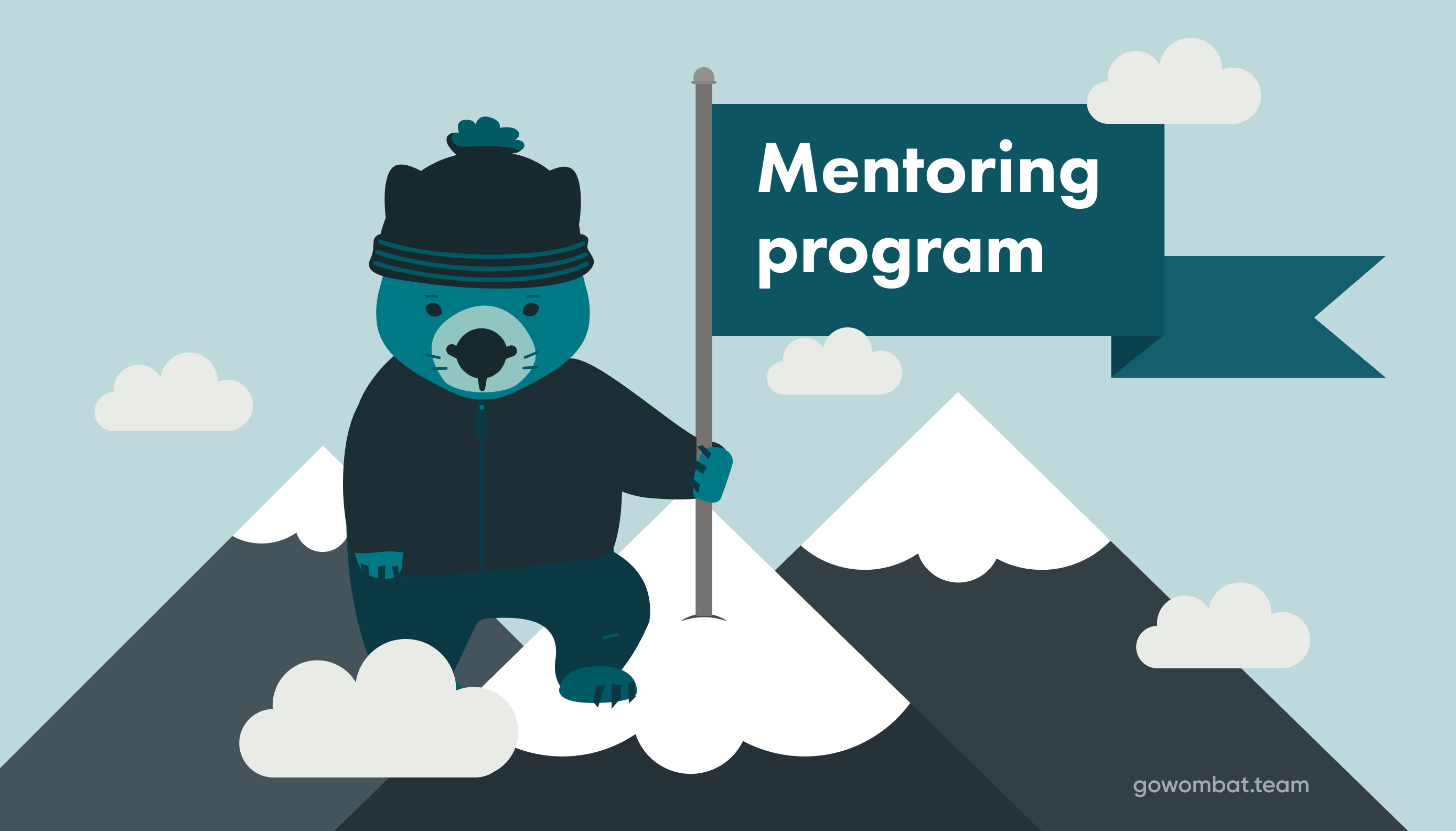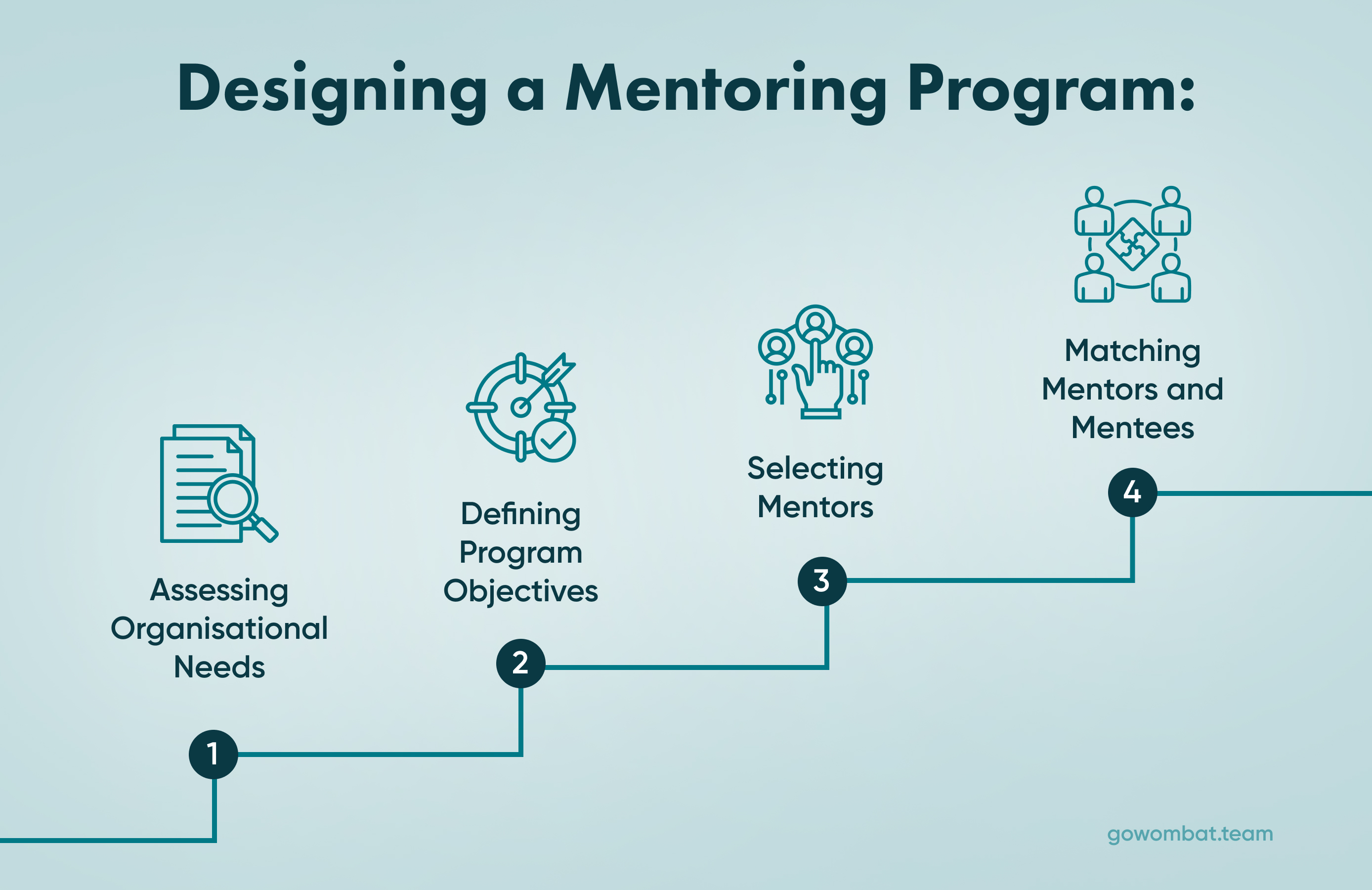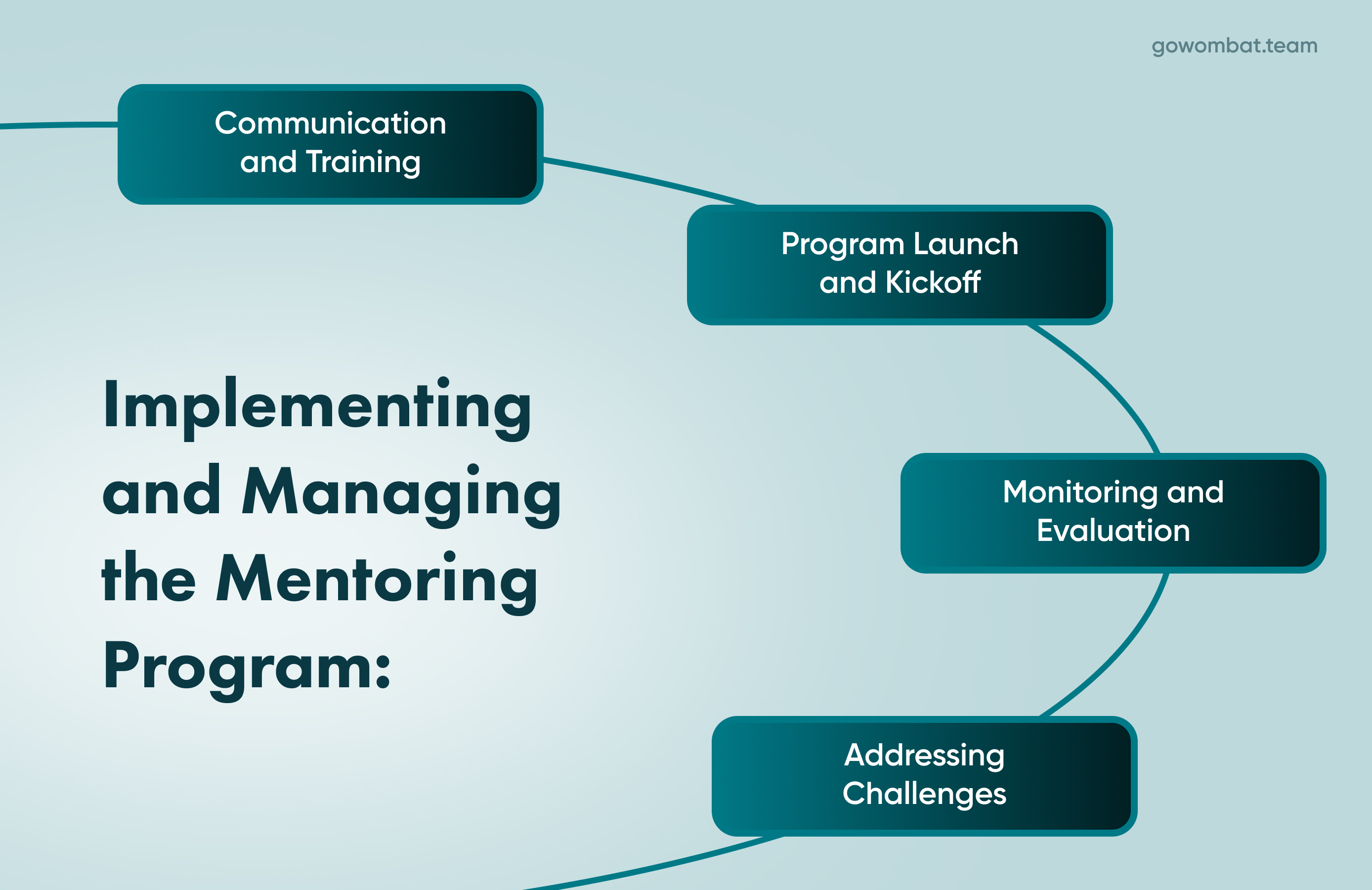Mentoring Programs in Internal HR: Fostering Professional Growth Within Departments


Introduction
Mentoring is a powerful tool in nurturing talent and fostering professional growth within organisations. In the realm of Human Resources (HR), mentoring programs play a pivotal role in shaping the capabilities and potential of HR professionals. This article explores the transformative potential of internal mentoring programs within HR departments and outlines a comprehensive approach to designing, implementing, and measuring the impact of such initiatives.

Understanding the Need for Mentoring in Internal HR
The role of HR professionals is evolving rapidly, from traditional administrative roles to strategic functions. However, this transition comes with its challenges, including the demand for continuous learning and development. Mentoring programs serve as invaluable resources, offering guidance, support, and knowledge transfer within HR departments.
Designing a Mentoring Program

Assessing Organisational Needs: Conducting a thorough needs analysis is essential in tailoring mentoring programs to align with specific organisational objectives. By aligning mentoring goals with overall organisational objectives, HR departments can ensure that the program delivers tangible benefits in areas such as employee engagement, talent development, and succession planning.
Defining Program Objectives: Clear articulation of program objectives is critical for setting expectations and guiding participants towards desired outcomes. These objectives should align closely with the career development needs of HR professionals, encompassing skill enhancement, leadership development, and diversity and inclusion initiatives.
Selecting Mentors: The selection of mentors is a crucial aspect of program design. Criteria for mentor selection should consider not only experience and expertise but also interpersonal skills and a genuine commitment to supporting the growth of others. Balancing the mix of experienced mentors with emerging leaders ensures a diverse range of perspectives and insights.
Matching Mentors and Mentees: Effective mentor-mentee pairing is key to the success of mentoring relationships. Strategies for matching should take into account factors such as skills, personalities, and career aspirations to foster meaningful connections and facilitate knowledge exchange.
Implementing and Managing the Mentoring Program

Communication and Training: Effective communication and training are essential for engaging participants and ensuring their readiness to participate in the mentoring program. Clear communication strategies should be employed to introduce the program, while leveraging technology for virtual training sessions and communication platforms can equip mentors and mentees with the necessary skills and tools for effective mentoring.
Program Launch and Kickoff: A well-planned program launch event can generate excitement and momentum for the mentoring initiative. By creating a buzz and highlighting the benefits of participation, organisations can maximise engagement and commitment from both mentors and mentees.
Monitoring and Evaluation: Ongoing monitoring and evaluation are critical and help in identifying areas for improvement and ensure the effectiveness of the mentoring program. Feedback mechanisms should be established to gather insights from participants, which can inform adjustments to the program structure and content.
Addressing Challenges: Challenges are inevitable in any mentoring program, but proactive strategies mitigate challenges and sustain program momentum. By anticipating common obstacles and providing support mechanisms for mentors and mentees, HR departments can maintain momentum and drive positive outcomes.
Measuring the Impact of Mentoring
Measuring the impact of mentoring programs requires defining key performance indicators (KPIs) such as employee satisfaction, career progression and skill development that align with program objectives. These can be tracked over time to assess the program's success and demonstrate return on investment leveraging data analytics tools for comprehensive analysis.
Unlock Success with Premium Software Development
Contact us


Conclusion
Internal mentoring programs are indispensable tools for nurturing HR talent, fostering engagement, and driving professional growth. By investing in these initiatives and leveraging technology for enhanced effectiveness, organisations empower their HR departments to thrive in driving sustainable business success. For organisations seeking reliable software development partners to enhance their HR initiatives, Go Wombat stands ready to provide innovative solutions tailored to their specific needs. Contact us today to discuss your requirements and embark on a journey towards HR excellence.
How can we help you ?






